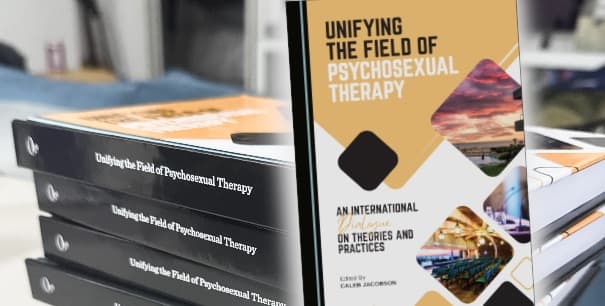an exchange on linkedin about autism
Recently I had an interaction on LinkedIn with a person in New Zealand whose tag line states “Your unspoken voice will be heard.” Their bio claims “I currently write about relationships with disabilities (including bipolar disorder, post-traumatic stress disorder (PTSD), autism spectrum). Inspired by my lived experience.”
In an attempt to spotlight the diversity found in the autism spectrum, I posted about myself:
People find it hard to believe I am autistic. I make eye contact. I engage in small talk. I can get in front of a crowd and present, like I’m doing next month in Portugal. I can engage and not dominate a conversation.
They don’t know I’m the kid that struck out in T-ball or the adult who can rattle on for hours on Roman roof tiles.
Only took me a lifetime to learn how to look like I live in their world.
Take a look on my inside and I’m rigid with patterns, habits, routines, foods, hobbies, and so much else. When I’m alone, my face is often flat and I’m lost in my own world and many of my executive and social functions get dropped as I shift out of neurotypical mode.
This person replied, “I guess autism doesn’t mean social & communication impairments these days. So broad that seems just about everyone can be autistic.”
This person appears to have a very skewed misunderstanding of autism spectrum disorder. In reply I commented:
I’m not sure that anyone “can be” autistic: either you are or you are not. Many people confuse the concept of neurodivergent or neurodiverse with autism. Autism and ADHD are two forms of neurodiversity. All autistics are neurodivergent; not all neurodivergents are autistic.
A bit later I shared the idea that autism need not be an external trait to be an impairment. For example, without my glasses I’m functionally blind.
This person’s reply:
I have 3 out of 4 “refractive errors” from differences with my eye size, shape, aging. It is not considered “visual impairment” as I wear corrective lenses.
It’s a minor inconvenience switching between lenses for tasks. It's also expensive for custom made lenses on a low income.
People are being way overdiagnosed these days, with little to no actual impairments.
Please help me understand how my unspoken voice will be heard when they belittle my internal experience with autism and ways people have acted against me. They demonstrate a logical fallacy in stating that their corrected vision— with an unconfirmed implication that their eyesight is worse than mine— cannot be an impairment because it is correctable. They minimize the inconvenience of needing to switch between multiple pairs of expensive eyeglasses for different tasks.
Which is it: a minor inconvenience or an expensive solution not available to everyone?
I find their moral superiority, economic elitism, and ablism insulting from someone who claims neurodiversity and autism are important parts of their life.






